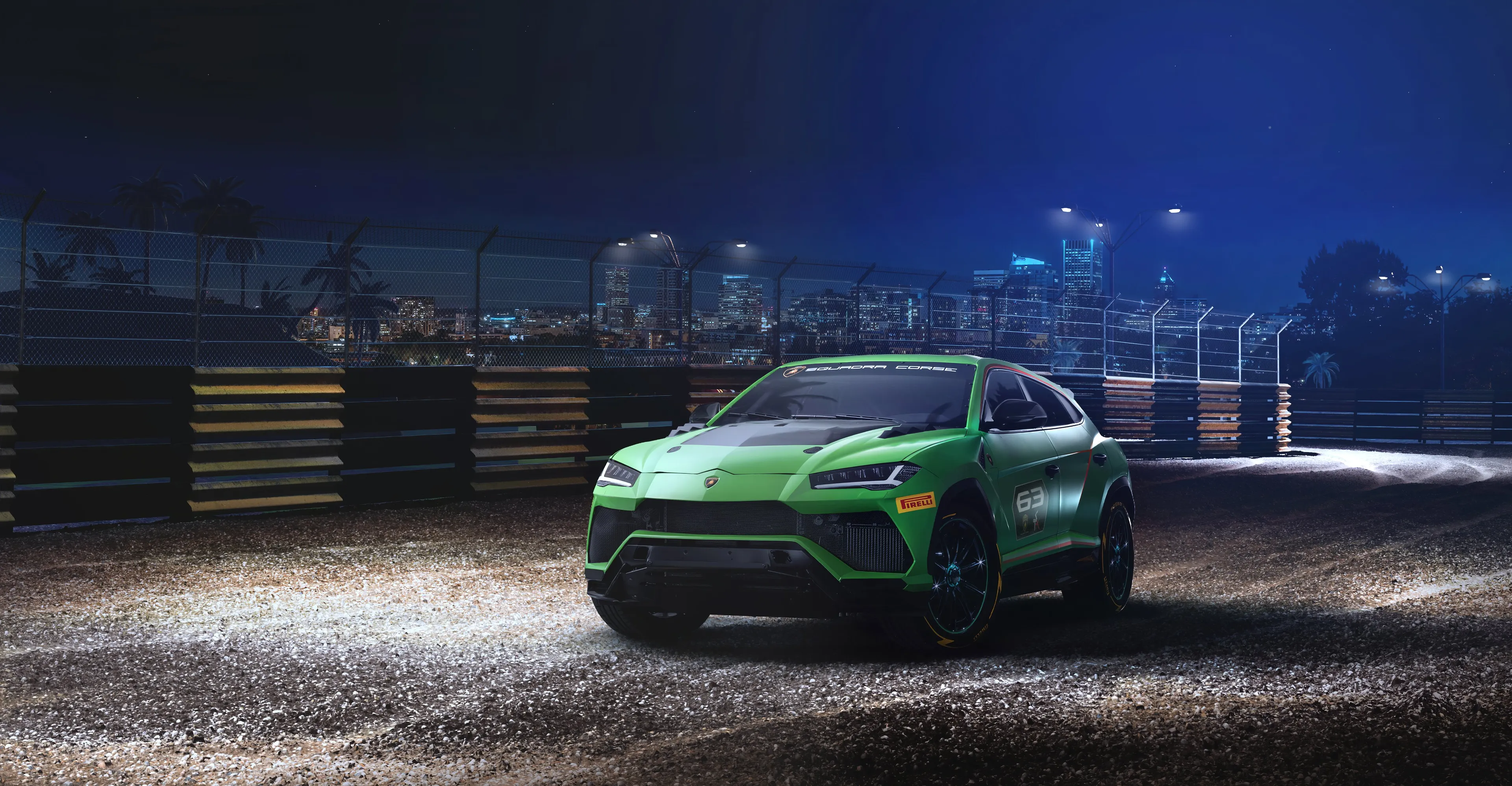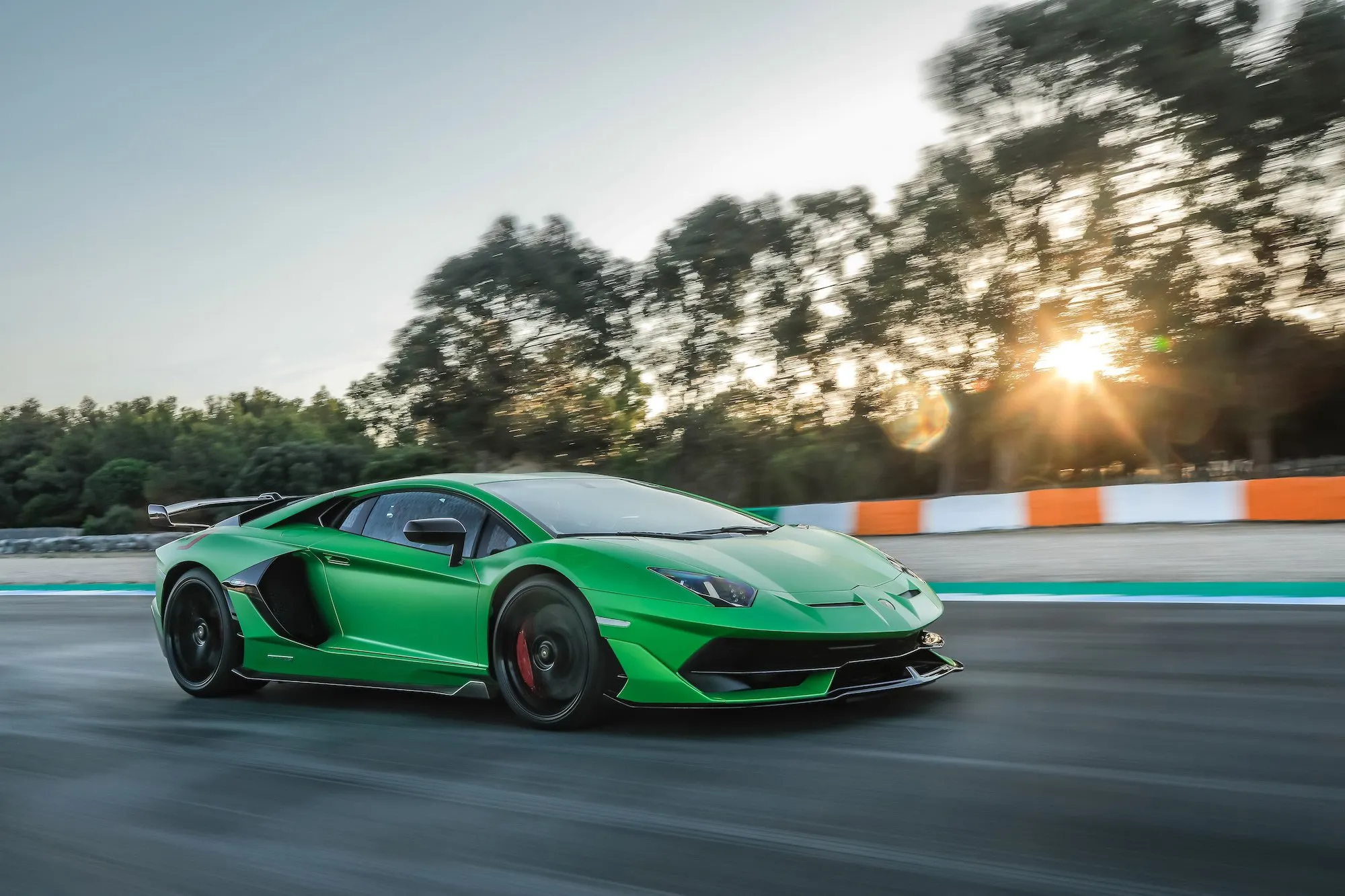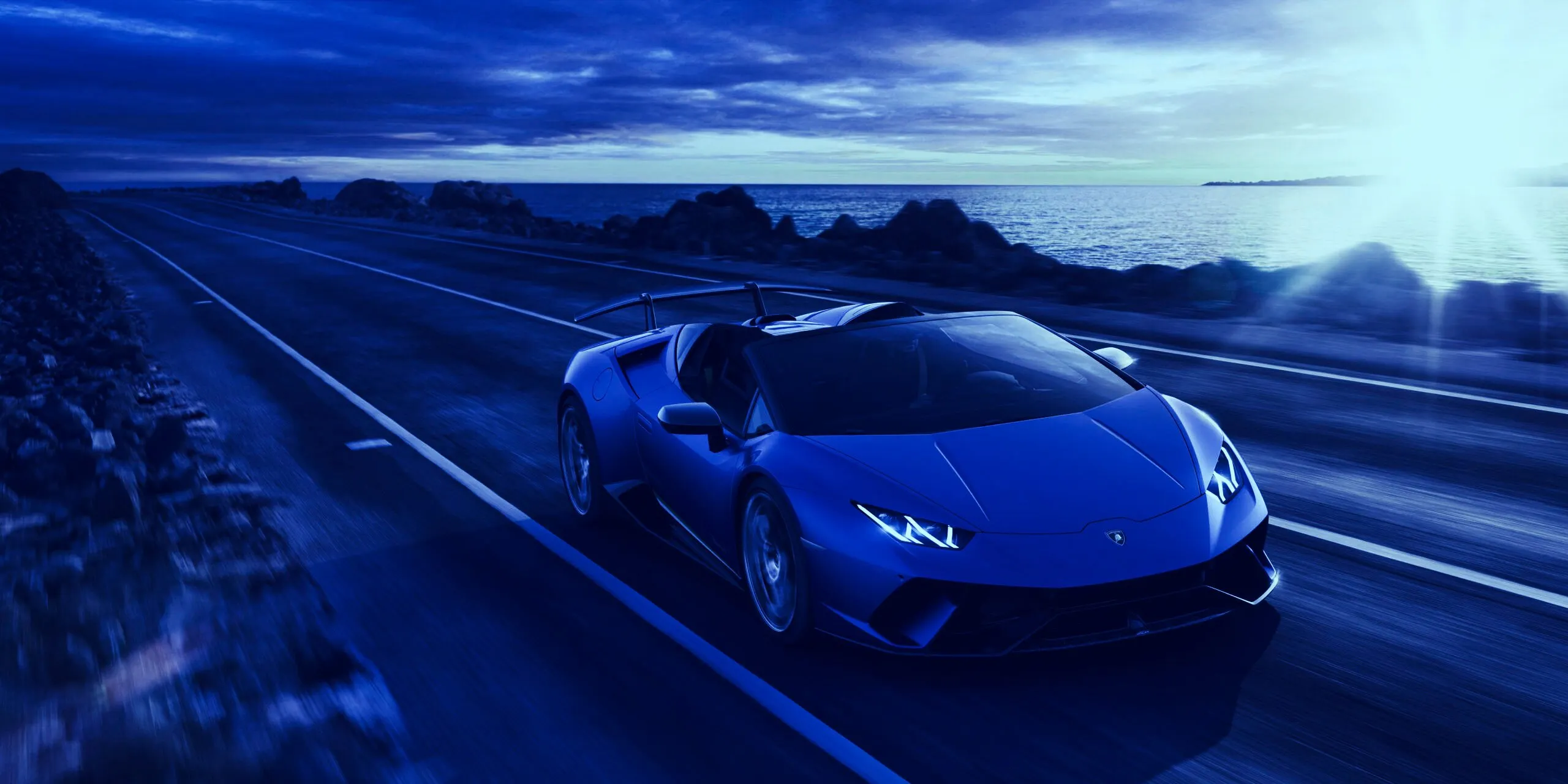Back in 2004, Burberry, the luxury goods group, saw a sharp decline in UK sales. Its trademark camel check had become all too popular among so-called ‘chavs,' a demeaning term for parts of the working class that coveted the pattern Burberry made famous. It took 14 years for Burberry to shake off the association--and years of dwindling sales--before it repaired what retailers described as a blemish on its brand.
Italian sports car manufacturer Lamborghini now finds itself in a similar quandary. Thanks to young crypto millionaires publicly spending their newly found gains on the flashy cars, the “Lambo” has become synonymous with conspicuous wealth in crypto land. These so-called crypto bros are portrayed as anarchists trying to crush the world’s central banks by day while partying in strip clubs by night. Not a good look for a luxury label, even one whose very icon is a bull.
So Lamborghini, while keen to broadcast sales figures that rose by 51% in 2018 continuing its eight consecutive years of growth, clearly wants to distance itself from the crypto nuevo riche--even though they may well be responsible for a fair few of the 5,750 cars Lamborghini sold in 2018.
“We have no association with any cryptocurrency and we are not interested in an interview, said Lamborghini’s Head of Communications, Gerald Kahlke, firmly, in an email response to Decrypt’s request. “Thank you very much for your understanding.”
However, data would contradict his words. The hashtags “bitcoin” and “blockchain” are among the 10-most used within any conversation about Lamborghinis in May 2018, according to data compiled for Digiday by analysts at Brandwatch.
There are also websites to calculate how much bitcoin is needed to buy a Lamborghini; the refrain “When Lambo?” is often seen in memes and posts, code for the rapid riches some accumulated (back in the day) from crypto. There are crypto-inspired Lambo artworks (one sold to former Skype COO Michael Jackson for $400,000—more than it costs to buy an actual Lamborghini), and it’s even possible to buy Lambocoins, a parody token where the lead developer is a cat with actor Nicolas Cage’s face.
Some auctions and dealerships even accept crypto, to make Lambo-buying a doddle. With all this activity, it’s little wonder that Lamborghini’s press release announced that the manufacturer has grown its digital footprint--with its combined reach on social media standing at a respectable 32 million, putting it ahead of arch-rival, Ferrari.
But, in a CNBC interview in May 2017, CEO Stefano Domenicali conceded very little when asked about the brand’s crypto associations. “I see the parallel between young people that are really willing to become very rich with a very high-risk investment with the fact that our customers are very young,” he said carefully.
According to Lamborghini, the average age of buyers is between 30 and 45. And, while record sales performance is reported across all regions (EMEA, America and Asia Pacific), the USA is the largest single market.
"In 2018, Lamborghini entered new dimensions,” says Domenicali, in the company’s press release. “We delivered not only another sales increase but reached substantially new levels in surpassing by far the magic mark of 5,000 Lamborghinis sold. This quantum leap proves the sustainability of our product and commercial strategy.”

Lamborghini’s new SUV has been a big driver of sales momentum, with 1,761 Super SUV Uruses delivered to customers, since its launch in July, 2018. But sales of 2011’s V12 Aventador and the V10 Huracánare are still going strong.
Lamborghini’s bumper year started in January, with the unveiling of its futuristic super sports car concept, Terzo Millennio, in Paris in January 2018 (MIT—the Massachusetts Institute of Technology—helped with the design). Lamborghini followed up with the launch of the open-top Huracán Performante Spyder in March. With a $199,805 price tag, the basic model is the cheapest car in Lamborghini’s range. The ‘superfast’ Lamborghini Aventador SVJ launched in August. It’s limited to 900 units and the car is already sold out.

The company also reports that one-offs are becoming increasingly common, with demand for personalization increasing. More than 50% of all Lamborghinis are personalized, according to the press release.
All this is the domain of the super-rich. Lamborghini fans include rock stars, footballers and rap artists, as well as blockchain bros. And its customers' rise to success often mirrors Lamborghini’s own humble beginnings. The company started off, after all, as a manufacturer of tractors.
But if it wants to continue down that track and shake off the crypto nouveau-riche tarnish, Lamborghini could take a page out of Burberry's drastic approach, which moved away from its iconic check to avoid what it deemed an unsavory affiliation. But why bother? The nuclear winter is putting lambos out of reach. Jason A. Williams, founder of digital asset fund Morgan Creek, recently put his Lamborghini up for sale—for Bitcoin.
With many of the much-maligned crypto bros failing to withstand the prolonged market turn down, Lamborghini may only have to hope that the bear continues to beat the bull.

